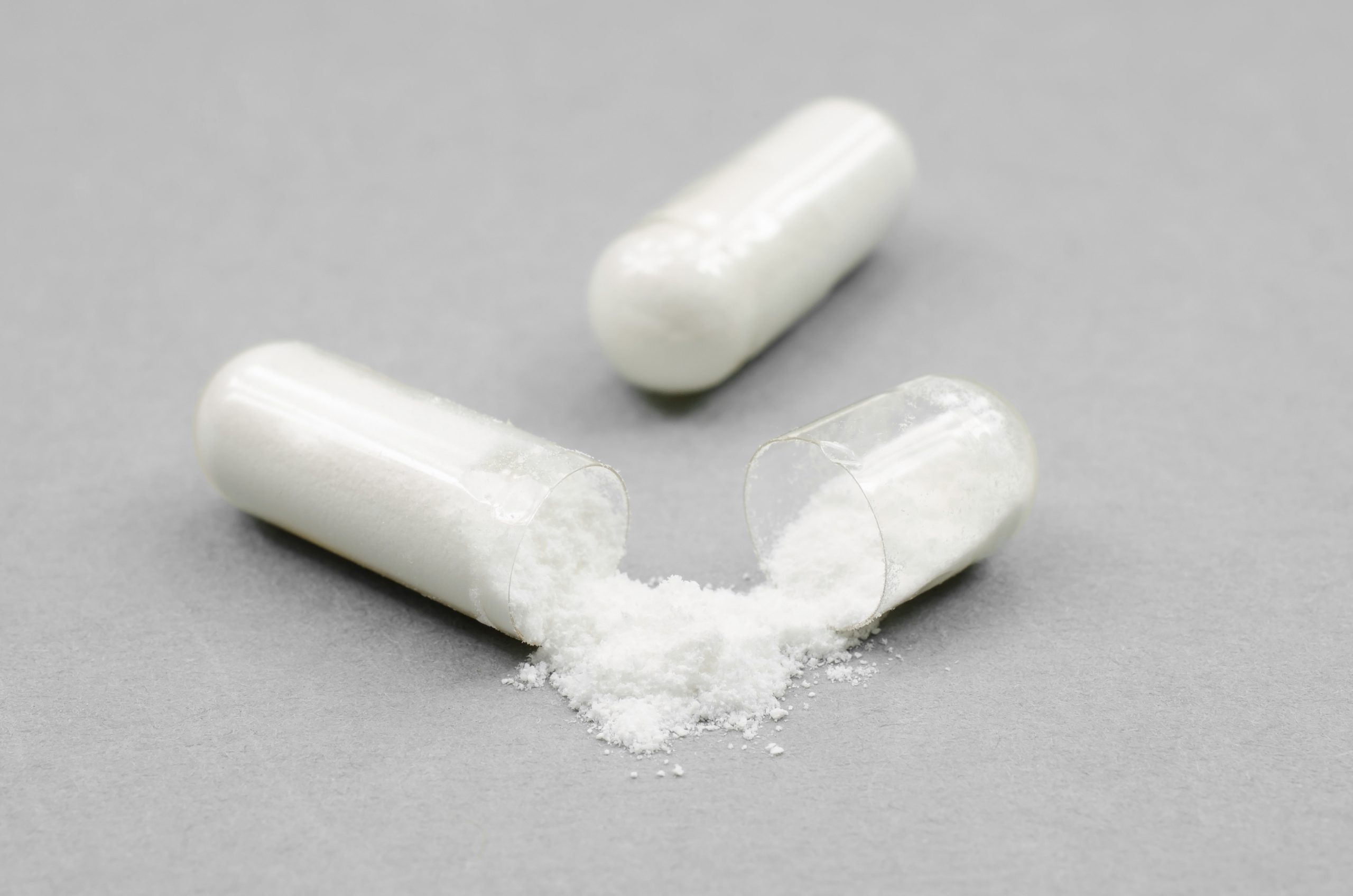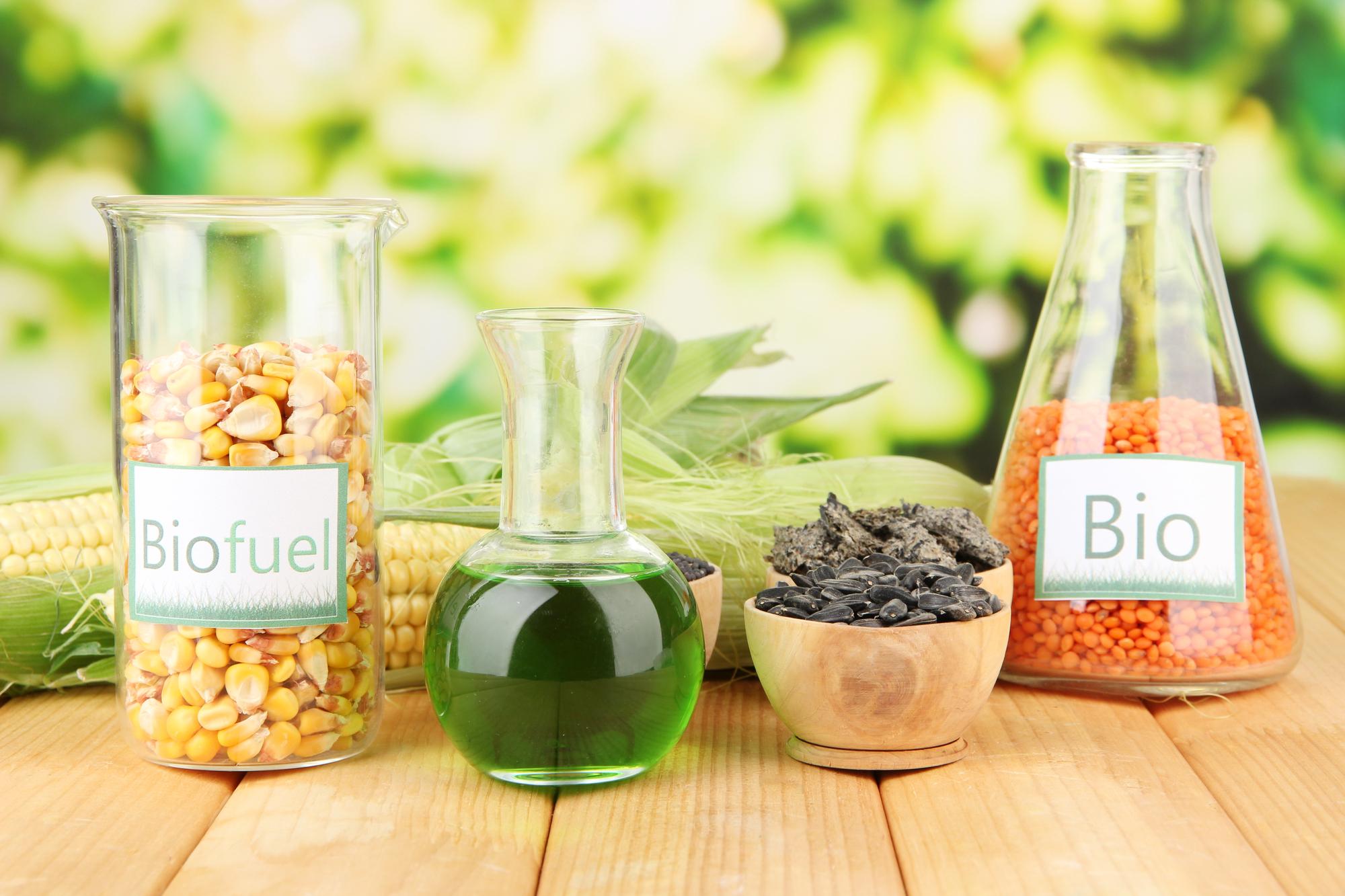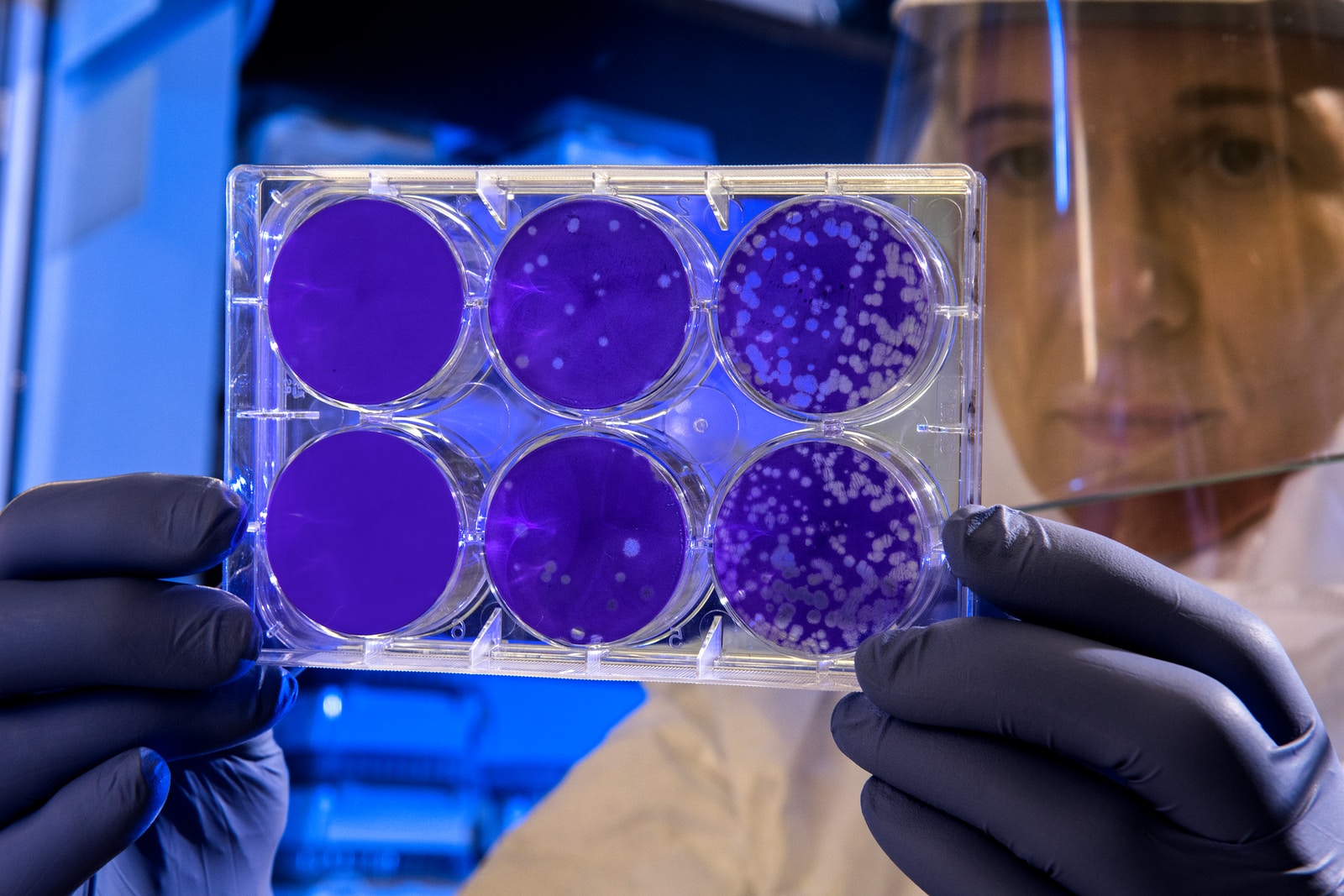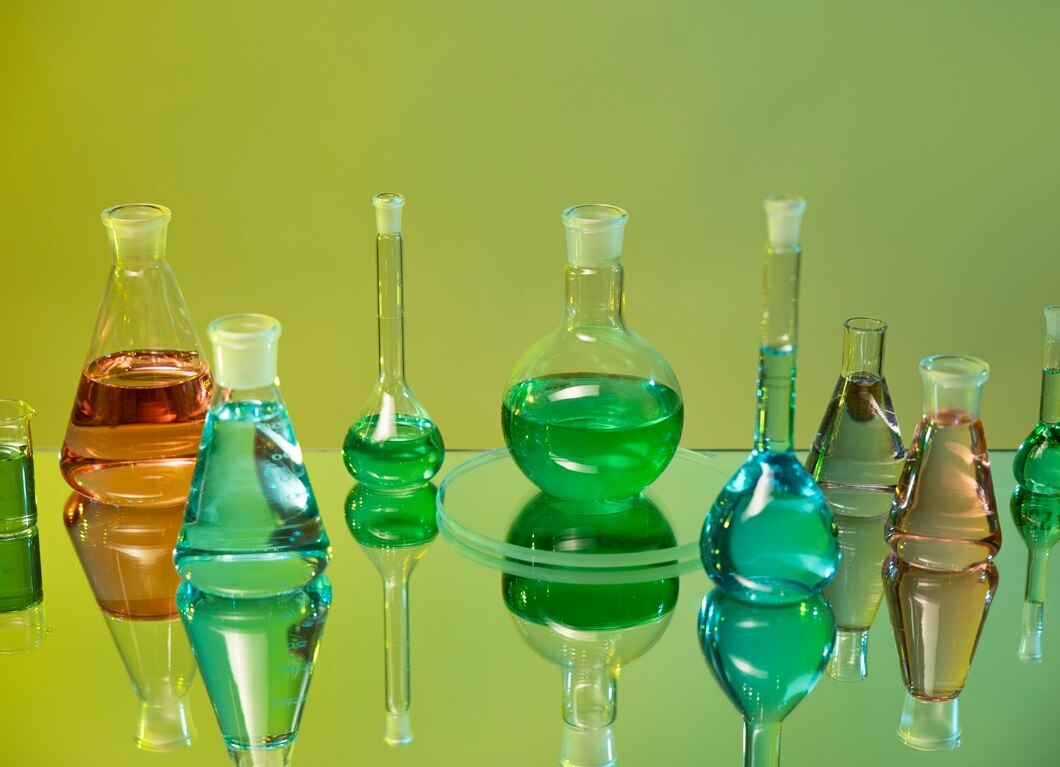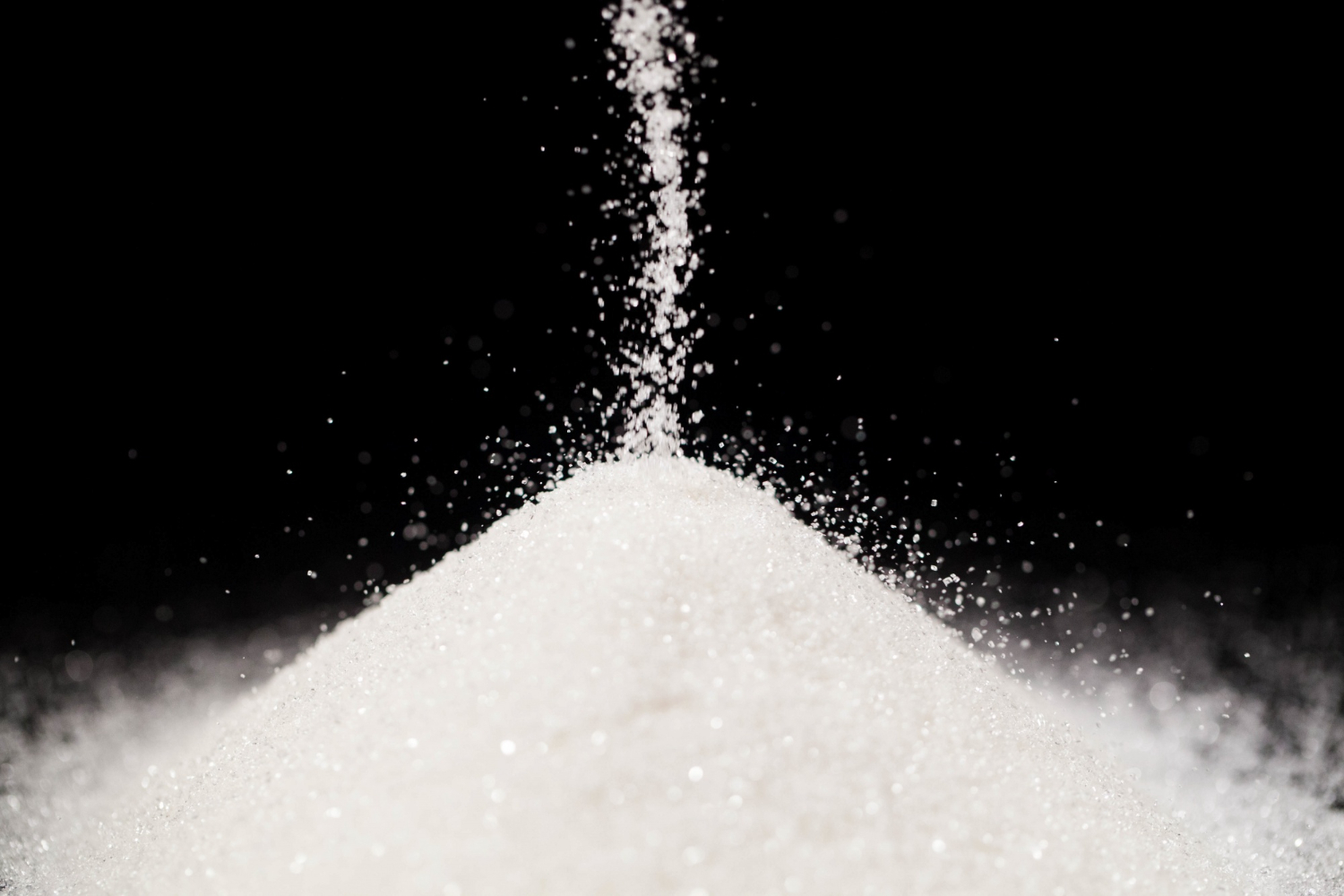Industrial hydrogenation plant for pharmaceutical raw materials
Optimize your hydrogenation processes with a modular plant designed to enhance efficiency and flexibility, ensuring maximum yield and consistent quality for your complex chemical reactions.
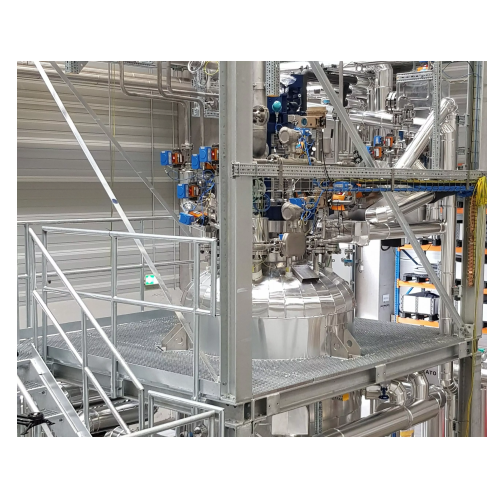
Facilitates Hydrogenation for Diverse Chemical Processes
The EKATO Modular Hydrogenation Plant is designed to tackle complex hydrogenation challenges across pharmaceutical and chemical industries. What sets this system apart is its modular approach, allowing for versatile production configurations. Central to its design is the EKATO hydrogenation reactor, equipped with the combined gassing system for efficient gas-liquid reactions. Utilizing a two-zone dispersion for optimal mass transfer, this plant efficiently processes active pharmaceutical ingredients, sugar alcohols, and hydrogenated vegetable oils, among others.
With reactor volumes ranging from 50 to 6000 liters and design pressures up to 150 bar, the plant supports both batch and continuous operations. The plant features PLC automation for seamless production line integration and energy-saving technologies like self-aspirating gas turbines, which reduce operational costs. Fabricated with corrosion-resistant materials, these plants ensure long-term reliability and meet stringent regulatory standards, including GMP compliance. Cleanup and maintenance are streamlined through integrated CIP systems, providing quick cleaning turnaround and minimizing downtime.
Moreover, EKATO offers extensive customization options and engineering support, tailoring solutions to meet specific client requirements and ensuring optimal performance in diverse operational environments.
Benefits
- Enhances production flexibility with modular design for quick adaptation to various processes.
- Optimizes reaction efficiency with superior gas-liquid mixing, ensuring high product yield.
- Saves on operational costs through integrated energy-efficient components like self-aspirating turbines.
- Maintains rigorous safety and quality standards with GMP-compliant configurations.
- Minimizes downtime with integrated CIP systems, ensuring swift and thorough cleaning.
- Applications
- Food, Sugar alcohols, Biofuels, Biotechnology, Fine chemicals, Fats, Sugars, Oils, Fatty acids, Plastics, Minerals, Basic chemicals, Batteries, Pharmaceuticals
- End products
- Hydrogenated vegetable oils, Peanut oil, Palmitic acid, Plastic precursors, Canola oil, Stearic acid, Hydrotreated vegetable oil (hvo), Aniline, Hydrotreated mineral oils, Triglycerides, Active pharmaceutical ingredients (apis), Biopolymers, Mannitol, Maltitol, Bioplastic intermediates, Battery electrode materials, Ethanol, Sorbitol, Toluene diisocyanate (tdi)
- Steps before
- Catalyst preparation, Reaction setup, Raw material preparation
- Steps after
- Filtration, Post-hydrogenation cooling, Product separation, Final packaging
- Input ingredients
- pharmaceutical raw materials, fine chemicals, specialty chemicals, sugars, fats, fatty acids, oils, basic chemicals, catalyst
- Output ingredients
- active pharmaceutical ingredients (API), sugar alcohols, hardened fats, chemical products
- Market info
- Ekato is renowned for its expertise in mixing technology and process engineering, providing innovative and high-quality solutions for industrial mixing processes across various sectors, including chemical, pharmaceutical, and cosmetics industries.
- Useful volume
- 5 liters - 200 m3
- Design pressure
- up to 220 bar
- Design temperature
- 150 to 400°C
- Material
- carbon steel, stainless steels, Ni-based materials, titanium
- Heat transfer vessel wall
- double shell or half pipe coils
- Heat transfer internally
- tube coils, tube bundle heat exchangers, plate heat exchangers
- Reactor sizes
- 50 l to 6000 l usable volume
- Design pressure (reactor module)
- 6 – 150 bar
- Hygienic design
- Prevents cross-contamination
- Filling volume (pilot plant)
- 60 liters
- Design temperature (pilot plant)
- 250°C
- Design pressure (pilot plant)
- 100 barg
- Pressure capability
- up to 100 bar
- Temperature capability
- up to 250°C
- Batch vs. continuous operation
- Batch / Inline Continuous
- Automation level
- Manual / PLC / SCADA
- CIP/SIP
- CIP 121°C / SIP 135°C
- Cleaning method
- CIP / Manual
- Energy efficiency
- 0.5–2 kWh/kg moisture
- Corrosive resistance (e.g.,acids)
- Various metallic materials (carbon steel, stainless steels, Ni-based materials, titanium, etc.)
- Density/particle size
- 0.5–2.5 g/cm³ / 50–1000 µm
- Hydrogenation type
- Batch or continuous
- Machine footprint
- Compact design
- Reactor size
- 50 l to 6000 l usable volume
- Design pressure
- 6 – 150 bar
- Design temperature
- 150 to 400°C
- Material
- Carbon steel, stainless steels, Ni-based materials, titanium
- Heat transfer
- Double shell or half pipe coils, tube coils, bundle heat exchangers
- Discharge method
- Bottom outlet valve
- Insulation
- Included
- Control system
- Outside the skid
- Modular design
- Yes (for plant extensions/conversions)
- Skid-mounted
- Yes
- Control panel type
- Integrated / Remote
- Modular design
- Yes
- Customizable configuration
- Able to suit client needs
- Reactor sizes
- 50 L to 6000 L
- Design pressure
- 6 – 150 bar
- Material
- Carbon steel / Stainless steel / Ni-based materials / Titanium
- Reactor options
- Batch / Continuous
- Drive type
- Mechanical seal / Magnetic drive
- Safety features
- Advanced safety mechanisms
- Instrumentation
- Available options for various needs
